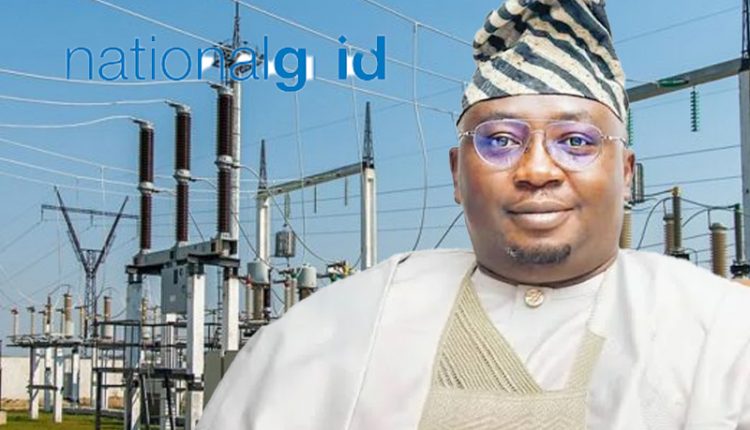Power Minister, Adelabu, Seeks State Governors’ Partnership in Electricity Generation
Since the 1980s, the Nigerian state has struggled with energy power, and there have been multiple “National Grid” collapses in recent years. The federal government has urged the federation’s states to make significant investments in power projects in an effort to find a long-term solution to the country’s electricity blackout problem.
At the Nigeria Energy Leadership Summit on Tuesday, October 27, 2025, Power Minister Adebayo Adelabu stated that it is the only way to stop the constant power grid breakdowns.
The power sector appears to have resisted all attempts by successive governments to sanitize the industry, despite several attempts to provide power to Nigerians.
Adelabu stated at the conference that President Bola Tinubu’s government signed the Electricity Act in 2023 because the Federal Government knew that electricity centralization would never work for Nigeria.
The passing of the Electricity Act 2023 continues to be a significant legislative achievement. It really is the trailblazer.
It offers the Nigerian energy supply business a strong foundation for governance and regulation.
The Act facilitates subnational markets, encourages competition, gives the states more regulatory authority, and increases private involvement across the value chain.
Decentralization and liberalization are two effects of this law. Centralization is ineffective for a nation the size of Nigeria, which has a landmass of nearly a million square kilometers, a population of over 200 million, millions of businesses, thousands of institutions (including health and educational ones), 36 states plus the Federal Capital Territory, and 774 local governments.
It is impossible to entrust the Federal Government with the task of supplying reliable electricity.
“At the national level, stable power cannot be ensured from Abuja. Decentralization is one of the things the Act has accomplished. This has now made it possible for all states or subnationals to participate in the generation, transmission, distribution, and even service industries that underpin the power sector value chain, he said.
Adelabu stated that the Federal Government is now working on a comprehensive plan to reorient the power industry for growth, efficiency, and sustainability.
Legislation, legislative changes, infrastructure development, energy transition, asset expansion, local content, and capacity development are all important elements of this strategy. In order to achieve functional, dependable, and reasonably priced electricity throughout Nigeria to power our homes, businesses, offices, institutions, and industries, each is intended to address structural issues, unlock private capital, and improve service delivery throughout the electricity value chain, thereby improving the economic prosperity of our people,” he stated.
The minister insisted that if the country is serious about having a dependable power sector, the private sector must participate.
“The government is unable to provide the necessary investment. Education, health, defense, employment, aviation, and other sectors are all overly competitive. They all vie for the federal government’s meager financial resources. Therefore, we need both domestic and foreign private capital infusion given the amount of investment needed in this area. The wealthy countries have contributed and continue to assist us, but without the involvement of private sector investment, it will never be sufficient. That is one benefit of this legislation, and I think the private sector investors and the states are capable of handling it.
The Act facilitates supply chain marketplaces, encourages competition, gives states more regulatory authority, and increases private involvement throughout the value chain. He emphasized that this shows a definite move in the direction of a liberalized and investment-friendly power sector.
Adelabu stated that since the Electricity Act was passed, 15 states have developed subnational electricity markets and gained regulatory authority, with Enugu being fully operationalized through the Enugu Electricity Regulatory Commission.
“With the full cooperation of the national regulator, I think other states will follow suit in operationalizing the granted authority. To guarantee that the retail and wholesale markets are strongly aligned, we are actively collaborating with these states.
“Given the Rural Electrification Agency’s roundtable discussions with governors and continuous efforts to closely monitor the distribution companies’ performance within their respective jurisdictions, we think the state governments’ active involvement is crucial in this regard, especially in the off-grid segment.
Adelabu emphasized, “Abba Aliyu, the Managing Director of REA, has met with nearly 20 states regarding the national electrification program across the country, and this is an opportunity and a platform for the subnationals to leverage and start to activate the autonomy they have been granted.”

